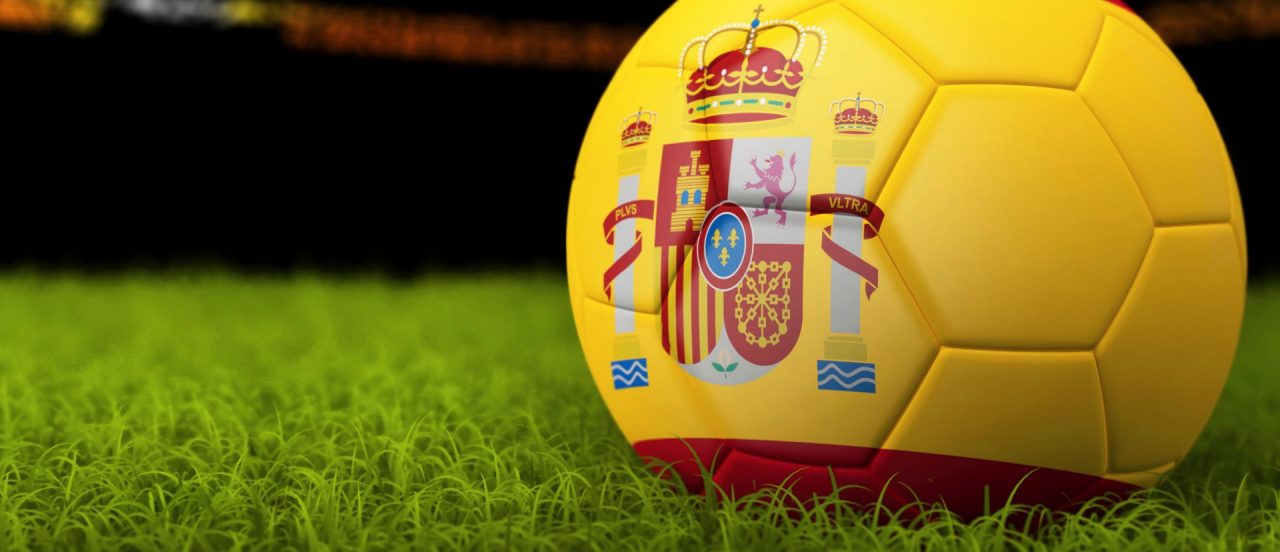Modern football creates unprecedented investment pressures on clubs, which leave them exposed to high levels of financial risk. This risk is often diluted by supporting measures introduced by government authorities. An increase in such State involvement has prompted the European Commission to extend State aids policy into the world of football over the past decade. This culminated recently in successful appeals by three Spanish football clubs before the General Court against a 2016 Commission Decision declaring loan guarantees from a State-sponsored intermediary to be incompatible aid. In overturning the Decision, the Court has required the Commission to satisfy an onerous standard of proof, driven by the complexity of the economic conditions that characterize the business of football. The complex economic issues at stake take on a particular significance in the wake of the economic crisis generated by the Covid-19 pandemic. Due to the suspension of football matches, the economic hardships faced by football clubs suggest that many of them will have no choice other than to turn to the State for greater assistance.
By Peter Alexiadis & Teodor Asenov1
I. INTRODUCTION
Having received the endorsement of the European Courts in support of its policy of treating sporting bodies as “undertakings” that are subject to the EU competition rules,2 the European Commission has adopted an increasingly aggressive stance since 2007 again
...THIS ARTICLE IS NOT AVAILABLE FOR IP ADDRESS 216.73.216.213
Please verify email or join us
to access premium content!

